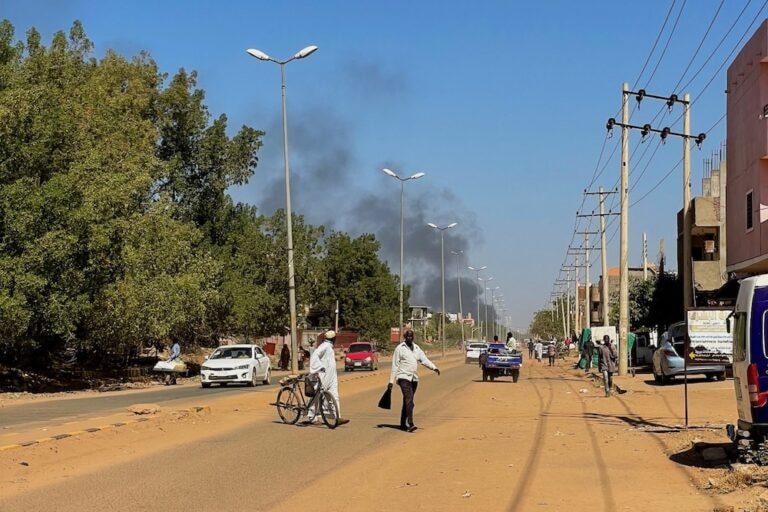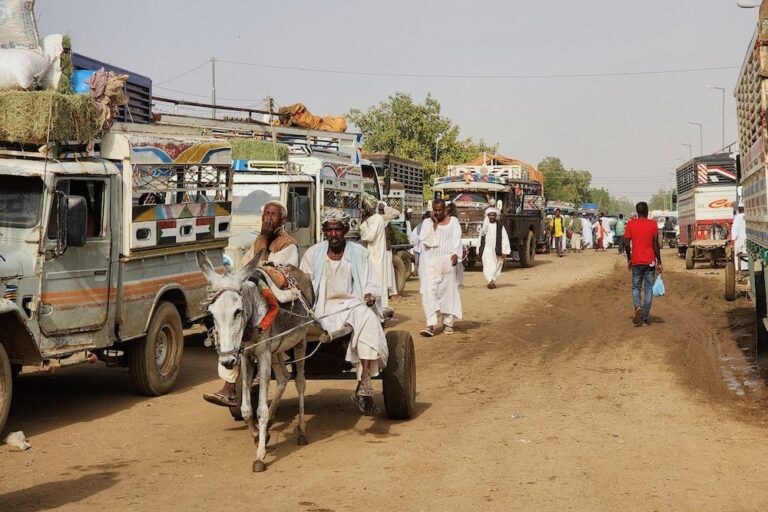(RSF/IFEX) – On 8 February 2003, the Sudanese authorities confiscated the following day’s edition of the Arabic-language daily “As-Sahafa”. “We denounce the policy of constant harassment against opposition newspapers. Summons, veiled threats, seizures – for too long now such has been the lot of the press, which consequently incurs huge financial losses. We call on […]
(RSF/IFEX) – On 8 February 2003, the Sudanese authorities confiscated the following day’s edition of the Arabic-language daily “As-Sahafa”.
“We denounce the policy of constant harassment against opposition newspapers. Summons, veiled threats, seizures – for too long now such has been the lot of the press, which consequently incurs huge financial losses. We call on the Sudanese authorities to put an end to these practices,” said RSF Secretary-General Robert Ménard.
On 8 February, the Sudanese authorities confiscated all copies of the Arabic-language daily “As-Sahafa”‘s 9 February issue at the printer’s. No explanation was given to editor Nur el Din Madani. However, the paper’s 7 February issue had carried an article quoting statements by the Popular National Congress (PNC, Hassan el-Tourabi’s banned party) criticising the renewal of the state of emergency. Later in the day, at a meeting with the newspaper’s shareholders and staff, representatives from the security forces’ press bureau warned that the paper would face additional sanctions if it continued its criticisms. One of the paper’s editors told RSF that “the aim of such confiscations is to make the newspaper incur financial difficulties.”
On 16 January, security forces had also seized all copies of the English-language daily “Khartoum Monitor”. The confiscated issue included an article on a government delegation’s absence from peace talks with the southern rebels in Machakos, Kenya. A day earlier, the security forces summoned editor Nhial Bol and managing editor Alfred Taban and accused them of having close ties with the southern rebels.


